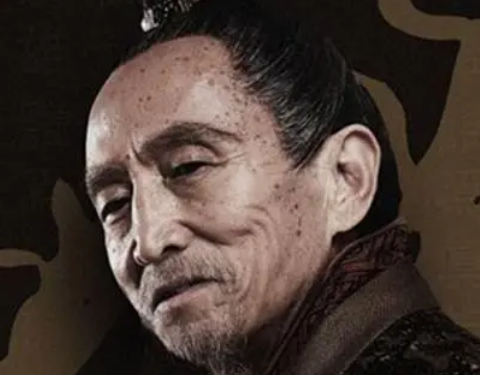In ancient China, the emperor, as the supreme ruler of the country, led a daily life filled with strict regularity and order. This article will provide a detailed introduction to the daily routine of ancient emperors by referring to historical records.

I. Morning Wake-up and Court Session
According to historical records, ancient emperors usually woke up at the time of cock's crow (around 5 a.m.). After waking up, they would perform simple ablutions and dressing. Then, the emperor would proceed to the court to attend the court session, where he would listen to reports and suggestions from ministers and handle state affairs. This session would usually last until around 9 a.m.
II. Afternoon Nap and Reading
After the court session, the emperor would return to his bedchamber for a short rest. During the noon hour (around 11 a.m. to 1 p.m.), the emperor would take an afternoon nap to refresh his energy. Following the nap, the emperor would utilize the afternoon hours to read classic works and learn from the wisdom of the ancients, enhancing his cultural literacy and political wisdom.
III. Evening Dinner and Entertainment
In the evening, the emperor would enjoy a sumptuous dinner in the imperial kitchen. After dinner, the emperor might indulge in cultural entertainment activities such as listening to music or watching dance performances to relax. Additionally, the emperor would interact with concubines and princes to strengthen family ties.
IV. Evening Administrative Work and Rest
At night, the emperor would continue to handle administrative affairs, such as reviewing memorials and formulating policies. This process would usually last until midnight (around 11 p.m.). After completing his administrative work, the emperor would return to his bedchamber for sleep, replenishing his energy for the next day's tasks.
Conclusion
The daily routine of ancient emperors reflects both rigorous state governance and personal learning and leisure. This lifestyle enables the emperor to handle national affairs while continuously enhancing his cultural literacy and governing abilities. However, it is worth noting that the daily routines of different dynasties and emperors may vary, and the information presented in this article is general in nature.
Disclaimer: The above content is sourced from the internet and the copyright belongs to the original author. If there is any infringement of your original copyright, please inform us and we will delete the relevant content as soon as possible.































